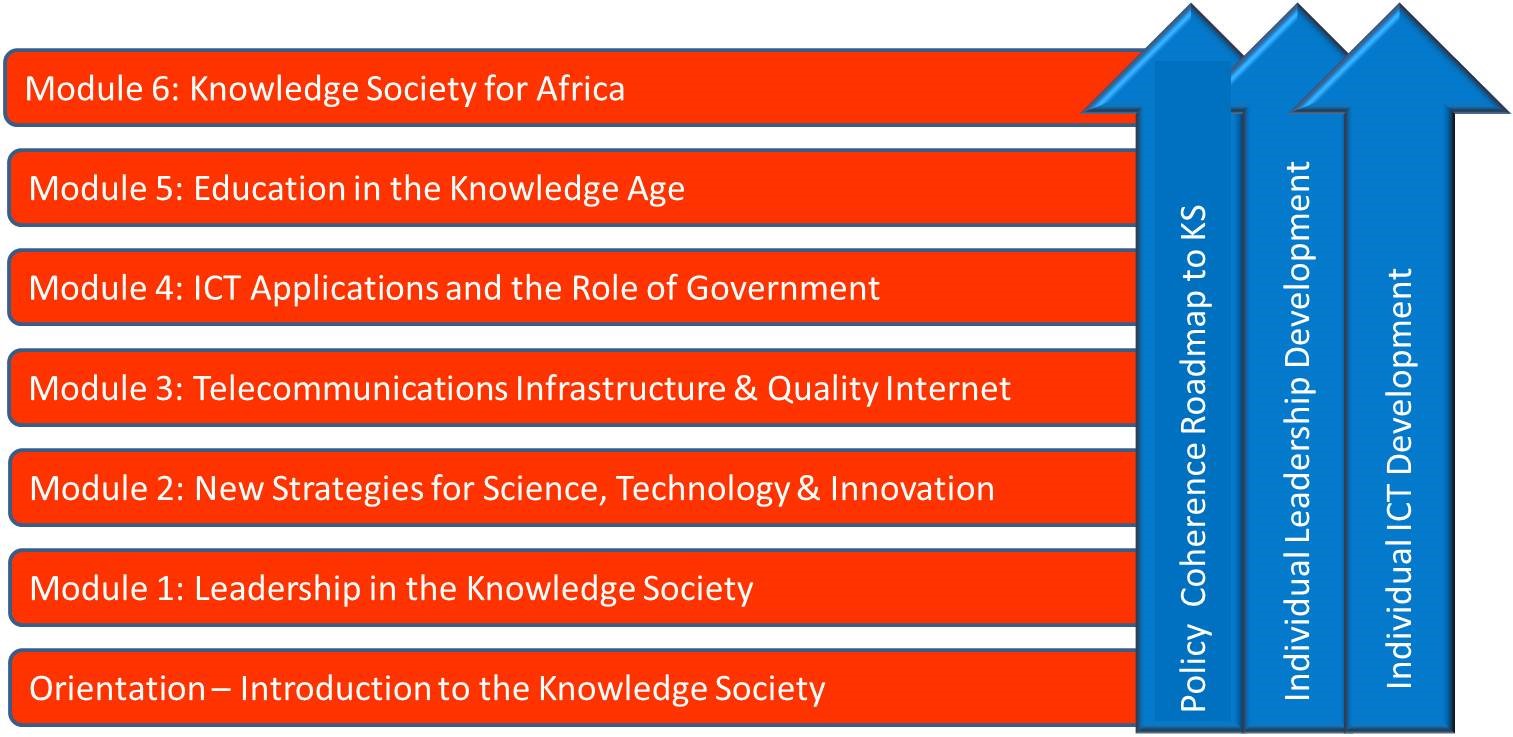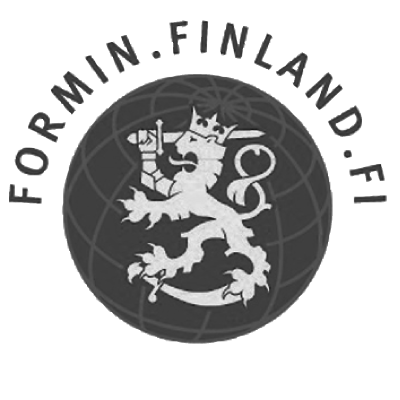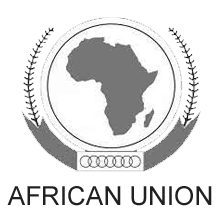ALICT-LaTIC Brochure
ALICT LATIC Programme Facts
Leadership Network for African Development
GESCI has developed the leadership network for alumni of the ALICT programme to discuss and share ideas in an ongoing basis. The network supports members in the challenges and opportunities in terms of leadership in programme and policy preparation, preparing implementation strategies, building and applying evaluation frameworks as are relevant to building Knowledge Societies in their countries, region and the continent. The Leadership Network portal link is; www.leadership4sd.org
African leadership in ICT and Knowledge Society Development (ALICT) Programme Leadership Africain En Tic et Development de Societe Du Savoir
Background
The African Leadership in ICT and Knowledge Society Development (ALICT) originates from the African Regional Action Plan for Knowledge Economy (ARAPKE). The ALICT programme is a direct response to the Addis Ababa declaration on ICT in Africa, which undertook to intensify activities to implement the AUC’s Africa Regional Action Plan for Knowledge Economy, ARAPKE.
The ALICT programme’s central and strategic objective is to build a critical mass of present and emerging leaders across Africa to be agents for change in their own countries and be catalysts for regional cooperation through enhanced leadership skills supported by knowledge of the key domains and drivers of modern knowledge society advancement, namely, ICT and broadband infrastructure and their deployments, Education in the knowledge age, and the role of Science, Technology and Innovation, and Futures Thinking, for Knowledge Society advancement both at the country and sub-regional levels.
The programme builds and strengthens visioning, strategic planning and management, policy making and related strategic capacities of future leaders and policy makers in Africa on ICTs’ role in the development of inclusive and sustainable Knowledge Societies.
The rationale
There are several pertinent arguments as to why the ALICT course is relevant to and in demand by public officials. These include:
- Sweeping changes – technological, social, culture and economic
- Rapid change brings many challenges which current policy making processes and implementation structures lack sufficient capacity to manage effectively
- Governments can benefit from new and well informed leadership skills and new approaches to manage knowledge workers in environments where change is the only constant
- Policy coherence: policies in countries often fail to address the key pillars of Knowledge Society development. The course introduces policy coherence as a tool to enhance integrated development between and across the knowledge society pillars
- To create comprehensive policies for Knowledge Society development and to implement them successfully requires a combination of effective leadership skills and a substantive understanding of the key ingredients and catalysts for knowledge society development. These include Information Communications Technologies enabling infrastructures, Science, Technology and Innovation processes, and new Education practices and processes
- “Futures thinking” methodologies complete the human capacity building process for Knowledge Society development by providing participants with the tools to prepare for alternative Knowledge Society futures in their countries using their new skills and knowledge.
- The programme is regarded by the African Union Commission (AUC) as one of its flagship programmes

The ALICT/LATIC model
The ALICT/LATIC course is a professional blended learning course (online and face to face) and delivered over a period of 9 months. Six modules are delivered online, complemented by three face to-face workshops, i.e. Orientation workshop, mid-term and a final workshop. The module names and sequence of delivery is provided below;
Programme benefits
Policy incoherence and misalignment in the Education, ICT, Science, Technology and Innovation (STI) sectors, and a lack of effective leadership to address this issue, has been identified as one of the greatest obstacles to the development of knowledge societies in Africa.
Socio-economic development depends on well developed and implementable Education, ICT and STI policies that compliment one another and advance each sector’s goals. The ALICT-LaTIC programme builds the capacity of future African leaders to contribute effectively to the development of knowledge societies by imparting new leadership skills to them.
These new leadership skills will provide participants with the attitudes, ideas, management tools, and strategies to act as change agents, assisting their ministries and organisations to develop coherent and well aligned polices in Education, ICT and STI.
ALICT-LaTIC
-
Equips existing and future African leaders with a commanding understanding of the key elements in the development of knowledge societies.
-
Build leaders’ capacities to be agents of change in their own ministries, organisations and regions for the development of knowledge societies.
ALICT course delivery from 2012 to 2016
The ALICT programme was delivered from 2012 to 2016 across Southern, Eastern, West and North African region covering 16 African countries; Botswana, Ethiopia, Ghana, Kenya, Malawi, Mauritius, Mozambique, Namibia, Rwanda, South Africa, Tanzania, Uganda, Zambia as well to staff from the African Union Commission. The programme was also offered through French in Cote D’ivoire, Senegal and Morocco.
Participants: The ALICT programme was delivered through 5 cohorts and capacitated 510 mid and senior government officials covering; Ministries of Education, ICT, STI, Skills Development, Research Institutions, Local Government, Health, Transport & Infrastructure, Office of the President / Prime Minister, Finance among others. Among the officials capacitated, over 30% are women leaders.
Graduation, qualifications and awards
The participants who successfully complete the course receive the professional development certificate jointly awarded by GESCI and African Union Commission and eligible to register for Graduate Diploma in “Leadership in ICT and Knowledge Society Development in Africa” awarded by Dublin City University (DCU), Ireland.
The course participants who have already been awarded with a Graduate Diploma from DCU are eligible to pursue their top up Masters Programme with University of Mauritius. St. Mary’s University in Addis Ababa, Ethiopia, will also offer the programme in collaboration with GESCI
Reference Projects
ALICT 2013 Botswana
Location: Botswana
Time Period: 2013-2014
Participants:30 Mid and Senior level officials across various Ministries
ALICT 2015 Côte d’Ivoire
Programme: LATIC
Time Period: 2015-2016
Scope: 9 mid and Senior level officials from Government of Cote d’Ivoire
ALICT 2013 Ethiopia
Location: Ethiopa
Time Period: 2013-2014
Scope: 41 mid and Senior level officials from Government of Ethiopia and African Union Commission
ALICT Ghana 2014
Programme: ALICT
Time Period: 2014
Scope:17 mid and Senior level officials from Government of Ghana across various Ministries
ALICT 2012 Kenya
Programme: ALICT
Time Period: 2012-2014
Scope: 74 mid and Senior level officials across various Ministries
ALICT Malawi
Programme: ALICT
Time Period: 2013-2014
Scope: 39 Officials from Government
of Malawi
ALICT Mauritius
Programme: African Leadership in ICT
Date: 2012-2014
Scope: 46 Officials from Government of Mauritius
ALICT 2015 Morocco
Programme: LATIC
Time Period: 2015
Scope: 23 Officials from Government of Morocco
ALICT Mozambique
Programme: ALICT
Time Period: 2014
Scope: 13 Officials from Government of Mozambique
ALICT Namibia
Programme: ALICT
Time Period: 2013-2014
Scope: 24 Officials from Government of Namibia
ALICT Rwanda
Project: ALICT
Time Period: 2013-2014
Scope: 36 Officials from Government of Rwanda
LATIC Senegal
Project: LATIC Senegal
Time Period: 2015-2016
Scope: 22 Officials from Government of Senegal
ALICT South Africa
Project: ALICT South Africa
Time Period: 2012-2014
Scope: 16 Officials from Government of South Africa
ALICT Tanzania
Project: ALICT Tanzania
Time Period: 2012-2014
Scope: 35 Officials from Government of Tanzania
ALICT Uganda
Project: ALICT Uganda
Time Period: 2013-2014
Scope: 39 Officials from Government of Uganda
ALICT Zambia
Project: ALICT
Time Period: 2012-2014
Scope: 31 Officials from Government of Zambia
Latest News
African Leadership for Knowledge Society Forum
On 30th Aug, 2017, GESCI in partnership with the African Union Commission and the Ministry for Foreign Affairs, Finland held the African Leadership…
Read moreAn Overview of the GESCI Leadership Network for Sustainable Development (LN4SD)
In June 2016, GESCI launched the Leadership Network for Sustainable Development to provide a space for collaboration,partnerships among its…
Read moreGESCI's Leadership Network for Sustainable Development Thematic Blogs
GESCI launched a Leadership Network for Sustainable Development (LN4SD) for its ALICT /LATIC alumni.
Read moreGESCI's ALICT/LATIC Featured in the European Journal
An Evaluation of the African Leadership in ICT Programme from a Quality Assurance Perspective
Read more





